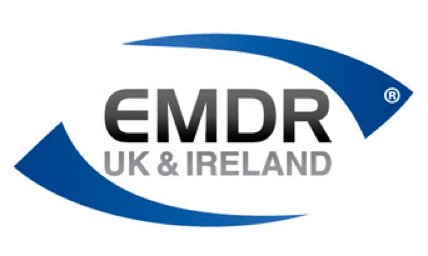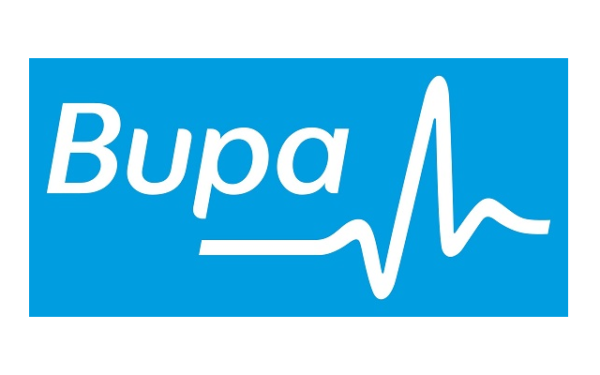When it comes to seeking self-help to support our mental health, the question of whether one needs a psychologist, psychiatrist, counsellor or coach is often the first stumbling block. Read more to find out what would be best for you.
Latest NewsHow Does CBT Work & Help

What is CBT?
CBT stands for Cognitive Behaviour (Psycho) Therapy. Cognition is the mental action, or process of acquiring knowledge and understanding by incorporating one’s own thoughts, beliefs, and images. Pretty much everything that goes through your head is a cognition.
CBT is developed by following scientific research that combines behavioural and cognitive techniques. Currently, CBT is still developing, and now includes other techniques like MCT (Meta Cognitive Therapy), Mindfulness, DBT (Dialectical Behaviour Therapy), and compassion focused CBT (specifically focusing on negative critical self-view). All of these forms are linked to CBT, as they all focus on cognitions or behaviours.

How CBT works
CBT therapy is carried out as a complete course of therapy for a particular problem(s). It’s not an open-ended therapy where you go for years and years, unless of course you are working on different problems through each treatment course. CBT works on the principle that every behaviour (including avoidance) has a meaning behind it. The motto behind CBT is that: “it’s not the event, it’s the meaning, that causes the reaction”.
In CBT therapy, you will be supported by your therapist to draw out a problem plan, joining the dots between unhelpful thoughts, behaviours and feelings, with the aim of identifying a clear influence from the cycles in between. This is one of the central parts of the therapy. It enables the participant to understand the development of their symptoms. The symptoms are usually physical; for example, panic attacks and low mood, or behavioural, such as procrastination and alcohol or drug abuse. Drawing a personalised symptom plan helps to identify and understand the reasons that cause these symptoms, so that therapy goals can be set. These goals will help the therapist to guide the therapy session and allows the therapist to work with you to set clear boundaries for the treatment course. When you have reached your goals, the therapy ends.
How CBT changes the brain
The brain is changing all the time. When you learn something new, new connections within the brain are made. If you keep on repeating this new cycle of learning, these connections are made stronger. The more these connections are used, the easier it is for the brain to retrieve and process the information by using the newly trained and established synapse pathways. CBT works on the principle that you are the active participant and are therefore practicing in between sessions what you have learnt within each session. CBT only works if you participate; there is no magic wand! You will be working collaboratively with the help of your therapist to change your thinking and behaviour patterns; and this is how CBT works. It is like going to the gym; if you want to get fit, you must put in the work.
How CBT helps with anxiety
Drawing out a problem plan will help to understand the symptoms and the reasons behind anxiety.
With CBT, learning about anxiety and why it has become a problem now is a part of the therapy.
After setting goals that guide the therapy course, other techniques are carried out to reduce anxiety such as a technique called exposure and response prevention that comprises behavioural experiments. Exposure technique is simply exposing the client to a (controlled) feared situation.
Response prevention technique is used to learn that the old response is actually not useful, but is feeding into the vicious cycle of the problem. Behavioural experiments seek to explore the different behaviours while testing or comparing the client’s belief systems. Behavioural experiments can also be measured through surveys or any other techniques that may allow the therapist to measure progress, which can help shed a new light on the problem and enable you to see the problem from a new angle and then see the solution.
If you would like to find out more, book a consultation or speak to us today.
Sign up below to hear more from us!
How we can help you Related News & Advice
Not sure what you’re looking for?
Arrange a chat with our specialist team
Awards, Accreditations & Partners
Our therapists are accredited with the following UK and EU boards:
We are also able to accept clients who are insured by AXA, WPA and BUPA
*Please enquire for all other insurance companies*








